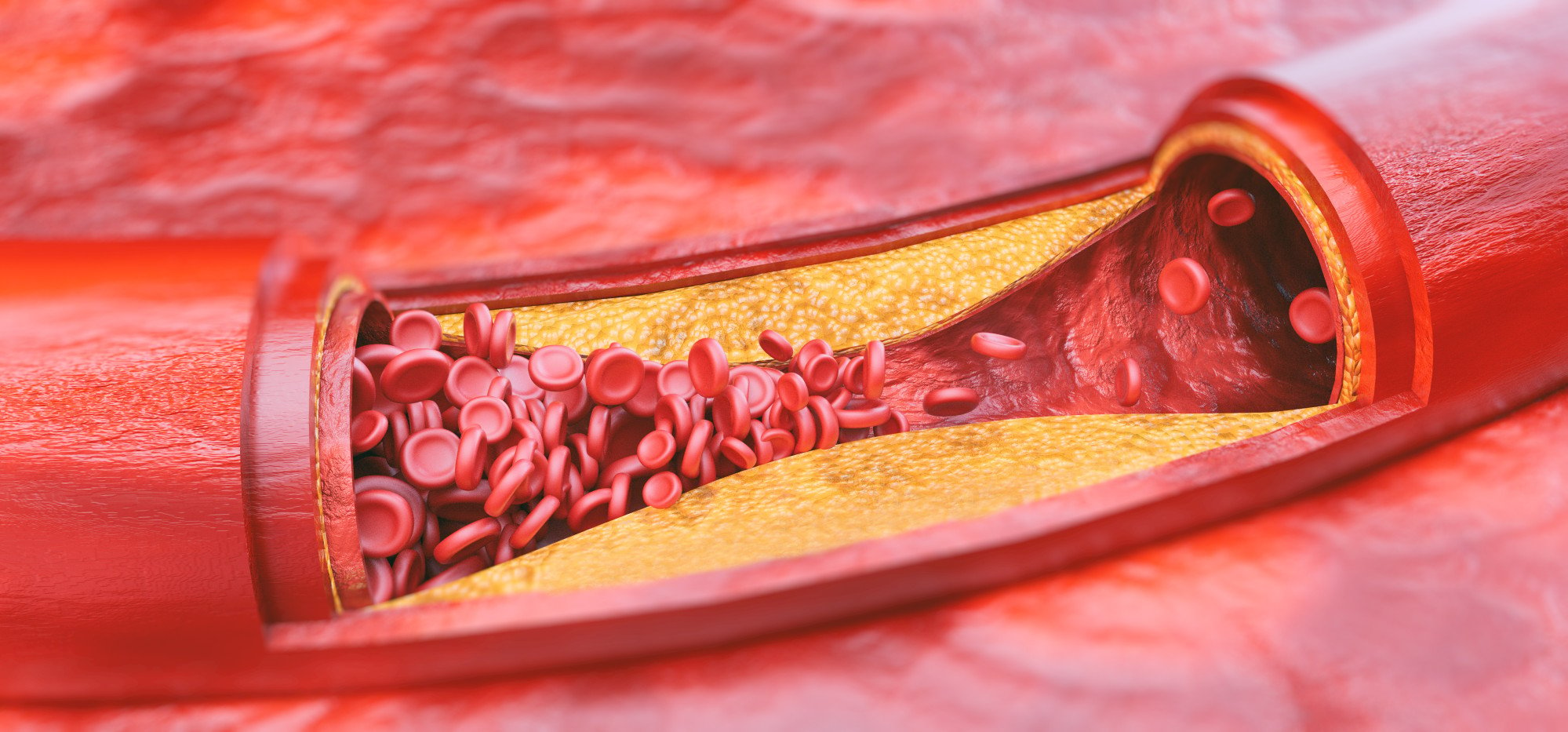
How to prevent heart disease: regular health checks, watch your weight, stay active – and don’t smoke
- On World Heart Day, experts describe how to safeguard your heart health, and highlight advances in drugs and treatments that target and correct serious ailments
- Be aware of your heart health – and know that something can often be done if there is a problem.
It is difficult to know how many people in Hong Kong live with heart disease, which is the third most common cause of death in the city, accounting for 13 per cent of all deaths.
“Most cardiovascular disease patients don’t know they have problems, or they live with symptoms without realising they are being limited by them,” says Hong Kong cardiologist Dr Adrian Cheong.
It’s just one of the reasons World Heart Day, which launched in 2000, is so important.
“It reminds us that cardiovascular diseases are ever present, worldwide, and that no boundaries are respected,” Cheong says.
“Despite the fact that amazing treatment advances have been made over the past three decades, there is much residual risk that needs to be reduced.”

People keep putting themselves at risk, he continues: according to 2021 data from the Hong Kong health department, 10 per cent of the total population smokes – despite knowing the dangers of it.
There are 630,000 smokers in Hong Kong aged 15 and above. And 56 per cent of men aged 15 to 84 are either overweight or obese, as are 44 per cent of women.
Tips for a healthy heart – are you taking care of yours?
Cardiovascular health in Hong Kong is improving, says Dr Myles Chan, honorary clinical assistant professor of the Chinese University of Hong Kong’s department of medicine and therapeutics.
That is in part due to the Hong Kong government’s efforts to curb smoking through education and by raising taxes on tobacco. The fewer smokers, the less heart disease there is, Chan says.

He adds the number of heart operations, including minimally invasive procedures like angioplasties, and operations on heart valves and arrhythmia, has been steadily increasing in Hong Kong over the past 10 to 20 years due to greater awareness.
Cheong describes how advances in cardiovascular treatments have improved the prognosis of those diagnosed with heart disease and points to congestive heart failure as one example.
In the 1980s, the prognosis for someone in so-called “NYHA IV heart failure” – when a patient is “unable to carry on any physical activity without discomfort, shows symptoms of heart failure at rest and has increasing discomfort if any physical activity is undertaken” – was so poor that half of such patients were not expected to survive beyond six months.
‘Alarmingly low’ healthy heart metrics for Chinese minors
That, he says, is worse than some late-stage cancer types. “Nowadays, we are talking single-digit percentages for the same population,” he says.
Cardiovascular medicine continues to improve. Cheong points out some exciting new devices to treat mechanical issues within the heart, including valve-replacement and repair approaches undergoing testing – “especially for the mitral and tricuspid valves, whose job it is to move blood from the upper chambers of the heart [the atria] to the lower chambers [the ventricles]”.
Cheong also highlights several advances in prescription drugs, such as omecamtiv mecarbil for heart failure, mavacamten (trade name Camzyos) for hypertrophic cardiomyopathy (thickened heart muscle), and the repurposing of certain diabetic medicines as cardiac drugs.

“[These] are exciting developments that will help us keep patients out of hospital and allow them to spend more time at home enjoying life or contributing to society,” he says.
Awareness is two-pronged: being aware of your heart health in the first place, and being aware that something can often be done if there is a problem.
Chan, who chose cardiology as his speciality for its surgical aspect, says there have been significant advances in the past year.
Lift weights – it protects your heart and slows the effects of ageing
“There is a new vaccine on the market for reducing cholesterol [a PCSK9 inhibitor called inclisiran], which harnesses technology which can reduce LDL cholesterol [low density cholesterol – the bad kind] as effectively as high-dose statins, but only needs to be given every six months,” Chan says.
He elaborates on the role diabetic medicines might play: “There are drugs that were originally created for diabetes [SGLT2 inhibitors] which have shown enough clinical evidence to protect against cardiovascular disease, heart failure [and] kidney failure that they are now indicated for use in patients that don’t even have diabetes.
“There’s also a class of drug for diabetes called GLP-1 receptor agonists, which are not only useful at controlling diabetes, but have shown such remarkable efficacy at reducing body weight that they are now also marketed solely for the purpose of weight loss.”
Miracle of the human heart, and how to keep yours healthy
“As for surgery, we have more evidence to support minimally invasive percutaneous approaches [via the skin through needle, for example] to heart-valve surgery [so] that hopefully soon fewer patients will require open-heart surgery.”
How can we best look after our hearts?
Regular checks for cardiovascular health will vary depending on a number of factors, says Chan. He says we can’t control a family history of heart disease, especially if it is early onset, as opposed to developing with age. And we can’t control ageing, either.
No cheat days, dairy or junk food: ex-CEO’s health U-turn after wake-up call
“The things we can control include a sedentary lifestyle, smoking, obesity, a diet high in salt and fats, high blood pressure, cholesterol [and] Type-2 diabetes,” Chan says. “These all have implications on when or how early you should start having screening for heart disease.”
In general, he advises regular monitoring for risk factors for heart disease by the age of 40 – that is, checking blood pressure, blood sugar levels and cholesterol. These are all simple tests.
Electrocardiograms (ECGs) are another simple test, used to check the heart’s rhythm and electrical activity. Sensors attached to the skin detect signals produced by your heart each time it beats. These are inexpensive to run and often form part of routine check-ups, says Chan.

He recommends regular treadmill stress tests for those that are at low to intermediate risk and who do not exercise much. They can be useful for diagnosing coronary artery disease in some cases, and risk assessment in many.
There were only eight heart transplants performed in Hong Kong in 2021, says Chan, down from the peak of 17 in 2018 – because of a lack of donors. If you want to donate your organs after death, be sure to register with the Centralised Organ Donation Register.
This year’s World Heart Day challenge asks people walk, run or cycle a heart-shaped route.

“Whatever distance you make,” the official World Heart Federation site says, “every step counts for your heart health”.

